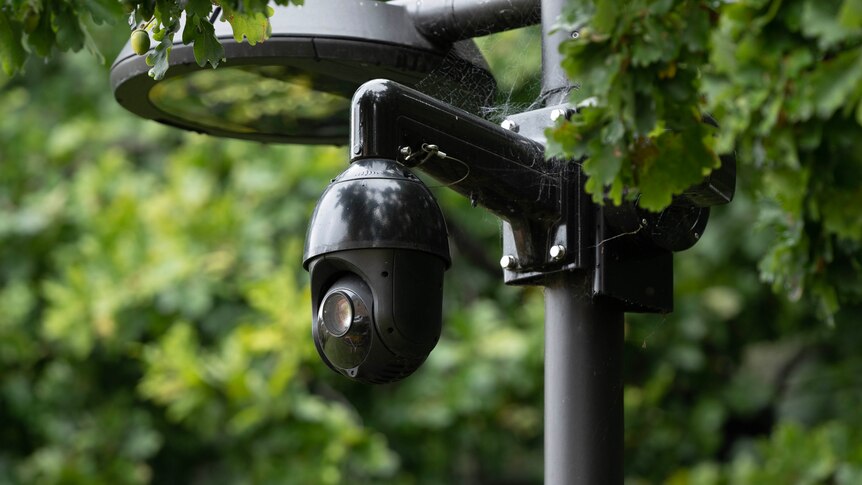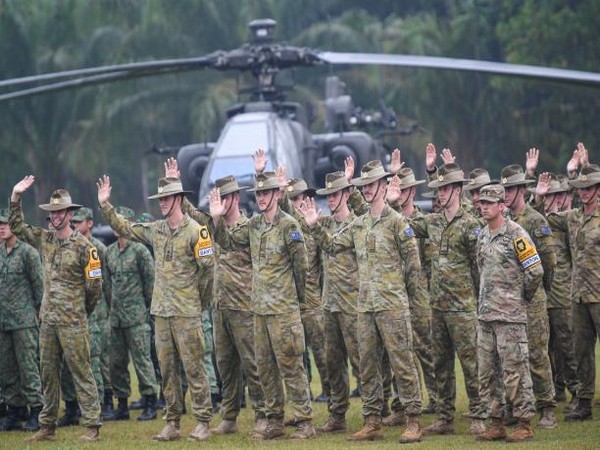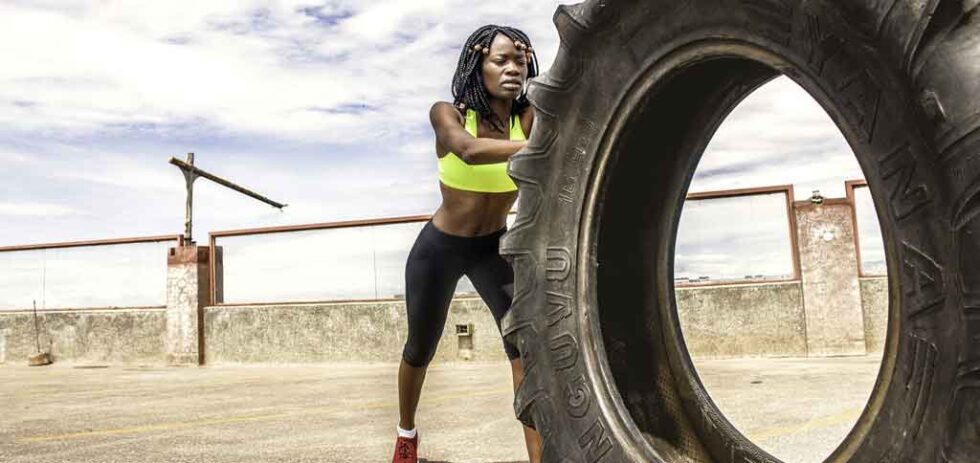Australia’s Defence Department removed all Chinese manufactured surveillance cameras after an audit detailed the number of Hikvision and Dahua devices installed in various government facilities.
In an impromptu interview on Friday, deputy prime minister and minister of defence Richard Marles revealed that all the relevant Chinese-manufactured Defence department cameras had been removed.
“We’ve done a database search of all those cameras. I’ve actually asked, in addition to that, for the Department to engage in a further audit, just to make sure we’ve not missed any. And if there are any, they will be removed,” said Marles.
He added that the Defence Department had been aware of the cameras’ origin since 2018.
UK bans Chinese CCTV cameras on ‘sensitive’ government sites
US adds 36 Chinese entities to naughty list, drops 25 after checking it twice
Top of the Pops: US authorities list the 20 hottest vulns that China’s hackers love to hit
Quad nations pledge deeper collaboration on infosec, data-sharing, and more
The audit was initiated by senator and member of the opposition Liberal Party, James Paterson. The effort found over 900 made-in-China cameras used in in government agencies, spread out across over 250 sites.
“Our AUKUS partners and closest security allies, the United States and UK, announced in November 2022 that they were banning the devices from all government buildings because of the national security threat that they pose,” explained Paterson on Thursday, adding that a plan was needed to remove all affected devices from Australian government departments and agencies.
On Thursday, China’s foreign ministry spokesperson Mao Ning said Beijing opposes “erroneous practices of over-stretching the concept of national security and abusing state power to discriminate against and suppress Chinese companies.”
“We hope the Australian side will provide a fair, just and non-discriminatory environment for the normal operation of Chinese companies and do more things that could contribute to mutual trust and cooperation between our two countries,” said Mao.
Paterson responded to Mao’s comments, tweeting: “It is essential that the Albanese government resists this pressure and follows through on their commitment to remove these dangerous devices from all federal departments and agencies.” The senator also said he “welcomed” Marles’s commitment to remove the surveillance equipment and hopes other agencies would follow suit.
In late November, the US Federal Communications Commission (FCC) banned itself from authorizing the import or sale of Chinese telecom and video surveillance products on national security grounds. Affected brands include Huawei, ZTE, Hytera Communications, Hikvision and Dahua.
Around the same time, the UK banned Chinese video cameras on “sensitive” government sites and ordered agencies to rip and replace the products whenever and wherever they appeared in core networks.
Hikvision denied it was a threat to national security and told The Reg in November 2022 that it cannot transmit data from end users to third parties, does not manage end user databases, and does not sell cloud storage in the UK. (Laura Dobberstein)




